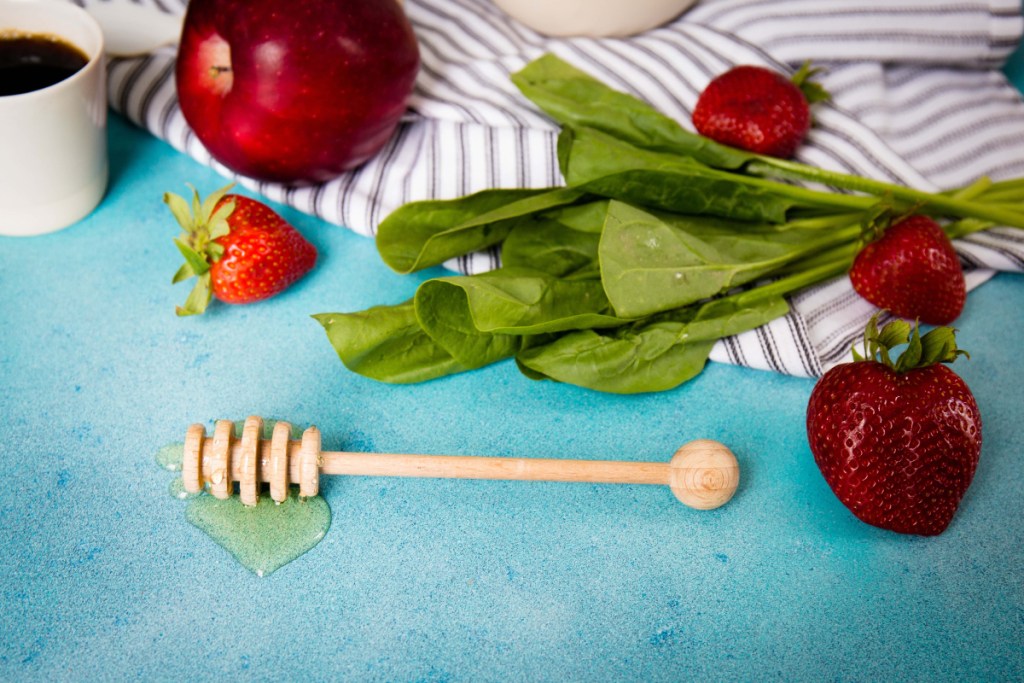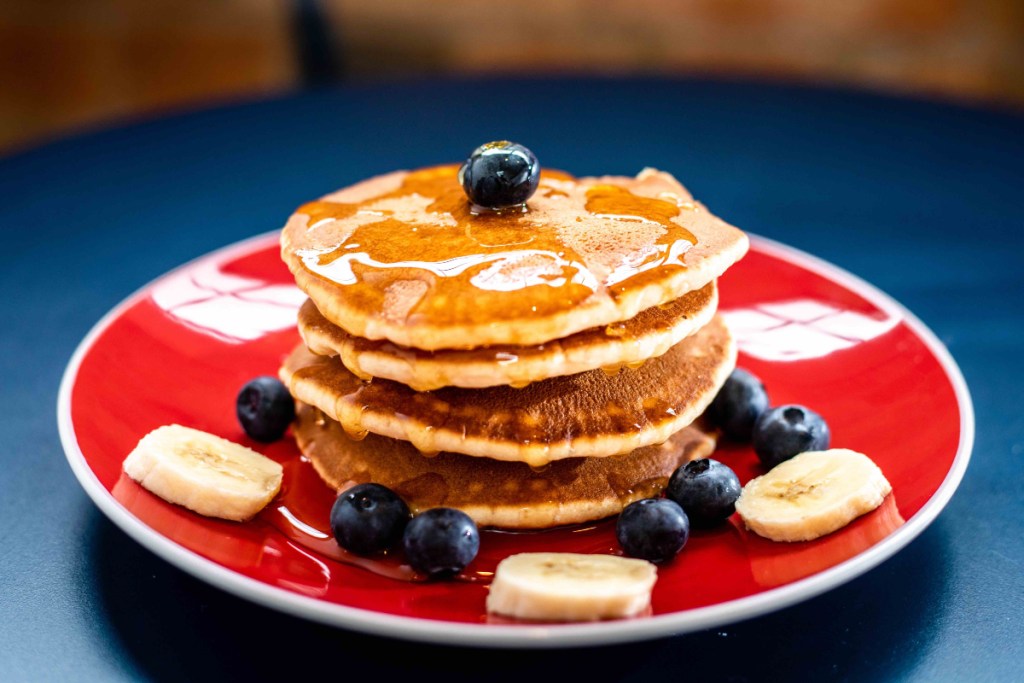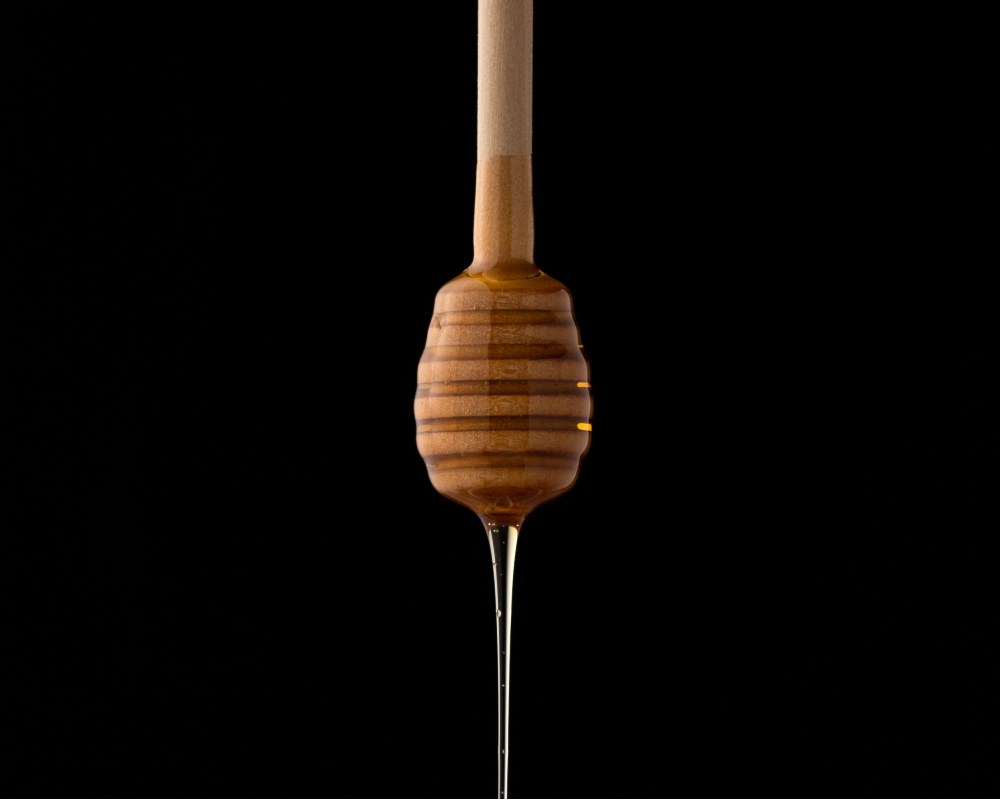Sugar: It’s just as delicious as it is dangerous. When consumed in excess, this sweetener can cause significant health risks. In particular, added sugar, including both corn syrup and regular table sugar, can increase the likelihood of diabetes, heart disease, and the risk of certain cancers.
The search for the perfect alternative sweetener has recently moved beyond familiar names like sucralose (Splenda) and into sugar alcohols like xylitol and sorbitol. In the past few years, we’ve also seen an increased interest in natural sugar substitutes, as a 2020 study from The Food Institute found that natural sweeteners are steadily increasing in popularity.
Two of the most well-known natural sweeteners are honey and agave. Both are relatively inexpensive and widely available in grocery stores and coffee shops across the country. So how do you decide which to reach for to mix in your nightly tea? We put these two sweeteners in a head-to-head comparison to see which, if either, reigns supreme.

Honey
Honey comes in hundreds of varieties, each with a unique flavor profile dependent on the bees that produced it. Because it comes from bees, it is considered an animal-based food, so it’s not a vegan option.
Honey has multiple uses as a cooking ingredient
Honey is a versatile cooking ingredient and can be an effective substitute for sugar in baking, though it may change the texture of the final product.
What’s more, because every variety of honey provides unique flavors, it adds a more complex flavor to glazes, sauces, and salad dressings, to name a few. Honey is also a saving grace for overly salty food. Just a teaspoon of honey can come to the recuse by cutting down on the saltiness of any dish.
Honey has a high glycemic load
From a calorie and carbohydrate standpoint, honey is not a healthy food option. Honey contains 64 calories per tablespoon, and that’s nearly all sugar. Because of the sugar content, this condiment ranks high on the glycemic index, the measurement of a food’s impact on blood sugar. According to Harvard Medical School, the glycemic index of normal liquid honey averages about 61, which is higher than soda or rice noodles. Plain, white sugar sits at 65.
Aside from sugar, honey’s nutritional profile is pretty good
Although honey is not a very healthy food from a sugar standpoint, it does contain several beneficial nutrients — far more than most sweeteners. Honey is rich in zinc, magnesium, vitamin B-6, and folate. It’s also an effective antimicrobial agent and can be good for the skin.
It’s safe to consume honey even if it’s been heated
The concern that honey becomes toxic when heated is a myth. While high heat does change honey’s chemical makeup, there’s no significant scientific evidence to suggest those changes make the honey toxic. Infants should not consume honey, however, because it raises their risk of a specific kind of food poisoning called botulism.

Agave
Agave is a plant-based sugar substitute made from the syrup or nectar of the agave (pronounced uh-GAHV-ay) plant, which grows across the arid regions of North and South America. It has exploded in popularity over recent years in the wake of the national move away from corn syrup, particularly high-fructose corn syrup.
When baking, agave subs in easily for sugar
You can substitute agave for sugar while baking or making beverages, and because agave dissolves quickly, it’s great for cold drinks. It has the texture of honey or maple syrup but with a milder taste. This, in turn, makes agave a desirable replacement for sugar, and the dark or “amber” version the perfect replacement for syrup on pancakes or fruit.
Agave has about as many calories as honey
Agave clocks in at 63 calories per tablespoon, which makes it essentially equal to honey in this regard. Although agave was not specifically listed in Harvard’s glycemic index, the index does list fructose, agave’s primary sugar. Fructose clocks in at about 15 on the index—about one-quarter that of honey.
There aren’t additional nutritional benefits to agave
Unlike honey, agave nectar does not contain any significant amounts of beneficial nutrients. In fact, evidence has shown that agave may present special health risks because the fructose in this sweetener can put unnecessary strain on the body’s gastrointestinal tract.
Safety isn’t a concern
The U.S. Food and Drug Administration recognized agave as a safe ingredient, but this is not the pick for those who are actively trying to manage their blood sugar.
The bottom line is both of these are great natural alternatives to refined sugar. Choosing one over the other is an entirely personal choice, depending on your flavor preferences. Consider trying both, taking a taste test, and seeing which one is right for you.
BlissMark provides information regarding health, wellness, and beauty. The information within this article is not intended to be medical advice. Before starting any diet or exercise routine, consult your physician. If you don’t have a primary care physician, the United States Health & Human Services department has a free online tool that can help you locate a clinic in your area. We are not medical professionals, have not verified or vetted any programs, and in no way intend our content to be anything more than informative and inspiring.




